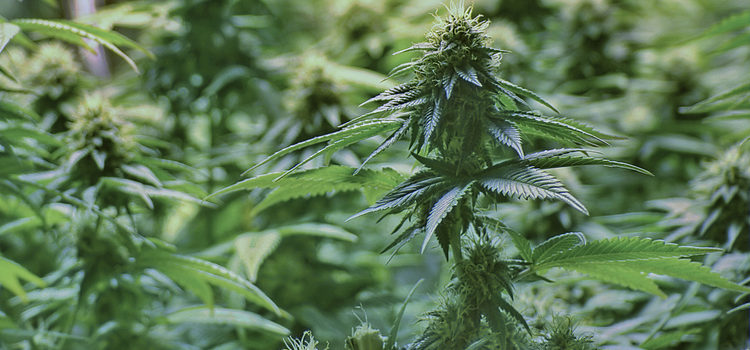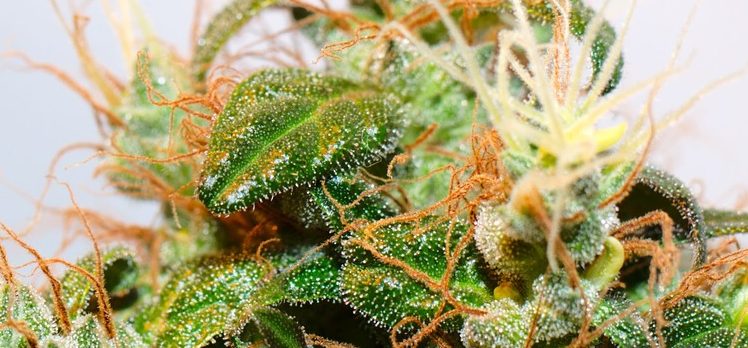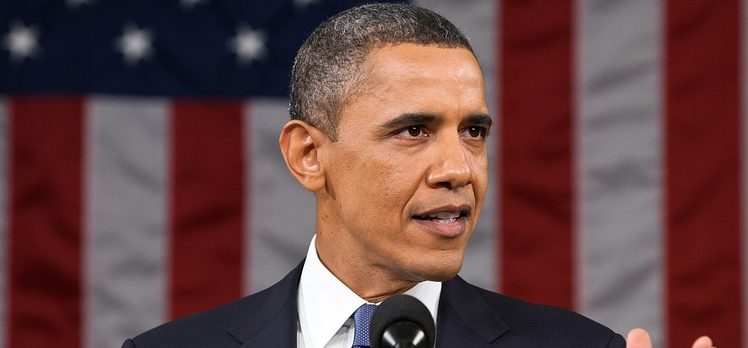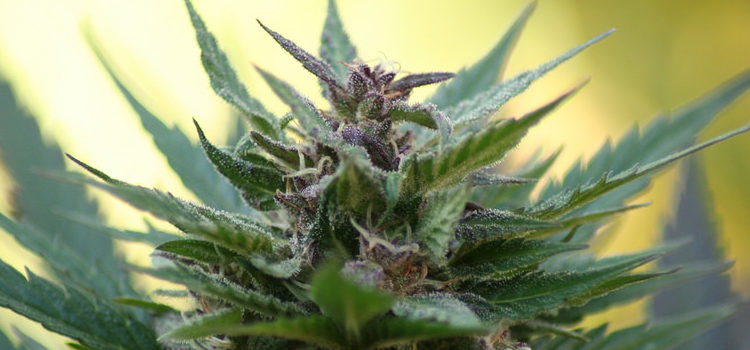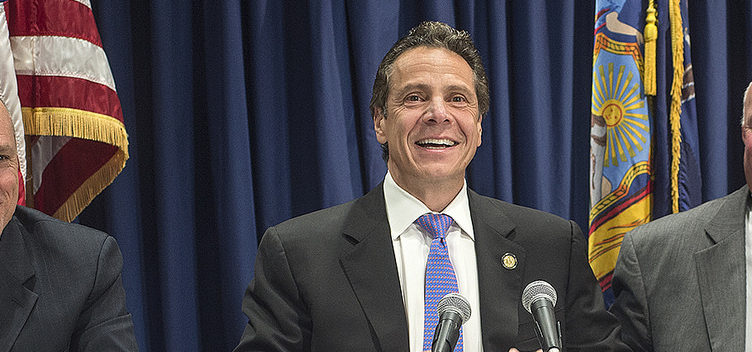The wholesale cost of Colorado’s legal cannabis per pound has dropped 25 percent over the last year, according to state Department of Revenue figures outlined by Inc. Geoff Doran, co-founder of Tradiv, an online cannabis wholesaler, said that the average price per pound in Colorado – currently $1,200 – is down from $1,900 in 2016, and from $2,600 in 2015.
Sally Vander Veer, co-founder of Medicine Man, a licensed Colorado cultivator and retailer, said that in 2010 the company would have been able to secure per pound rates of about $5,000. She indicated that flower margins have dropped by as much as 40 percent.
The decline doesn’t come as a surprise Vander Veer, who predicts that the drop off will force many cultivators out of business over the next 18 months if they fail to adapt to the changing market.
“It’s sad, but it’s Economics 101, we’re not immune to the forces of supply and demand. You need to ride the wave of over-supply,” she said in the report. “It’s pivot, or die.”
After researching data in Washington, Steve Davenport, a Pardee RAND graduate school researcher, and Jonathan Caulkins, a professor at Carnegie Mellon University, predicted that the price of cannabis would drop 2 percent each month, representing an annual decrease of 24 percent.
“It’s just a plant,” Caulkins said in a May 2016 interview with the Washington Post. “There will always be the marijuana equivalent of organically grown specialty crops sold at premium prices to yuppies, but at the same time, no-frills generic forms could become cheap enough to give away as a loss leader – the way bars give patrons beer nuts and hotels leave chocolates on your pillow.”
End






